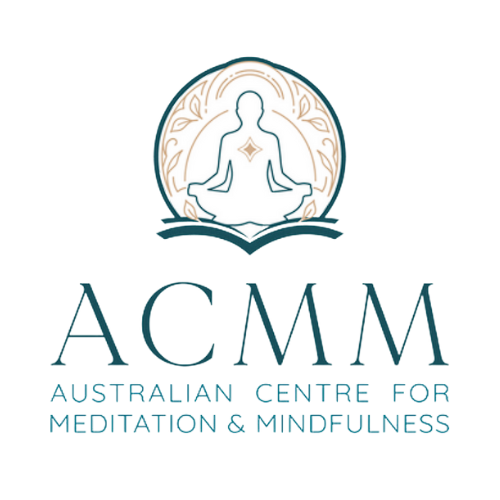2 min read. Here we discuss the importance and benefits in seeking a certified qualification to teach meditation and mindfulness .
As a Meditation and Mindfulness Teacher Training provider these are the kinds of questions I am often asked;
“Do I need a qualification and if so why?
Surely meditation is something to be shared and enjoyed, free of the need for formalities?
I have already been meditating for years – why would I need a piece of paper to teach?”
Here is what we say to people in response:
#1 The meditation teaching scene is changing
The amount of people integrating meditation into their everyday lives is rapidly growing. It is estimated that 200 to 500 million people meditate worldwide (The Good Body).
Whilst many meditation teachers still happily conduct small groups in their homes, meditation and mindfulness is now something sought by schools, large and small businesses, hospitals and professionals. If you want to be prepared and available to work in these sectors then you need to be well trained. You need to understand the science, the techniques and how to bring together and deliver professional programs with confidence.

#2 A qualification in meditation and mindfulness allows you to teach with confidence and backup
As meditation becomes more mainstream, more people are seeking it out. That’s why it’s important to have professional indemnity and public liability insurance. Whilst you are very unlikely to do wrong by anyone (especially if you are well trained), you never know who might come into your space. They may have a problem that can possibly turn into your problem. Best be covered. In order to obtain insurance, you must have a certified qualification in meditation and mindfulness.
Another reason to have insurance is that you will need a Certificate of Currency (proof that you are insured) to hire space to teach. Whether it’s a community hall, a space in a shop or practically any casual hire. You will need this Certificate.
#3 A supportive community
Along with insurance – let’s talk about membership of an association. Having a suitably registered qualification entitles you to be listed as a member of IICT or Meditation Australia. IICT is useful mainly for insurance purposes. However, membership with Meditation Australia provides an elevated level of credibility and a great deal of support and community specifically for Meditation Teachers. With a Bi-annual conference, online summits, online and in-person networking and professional development! You will definitely want to be part of this association.
#4 Making meditation and mindfulness safe for your students
As a society, our mental health needs are increasing. More people have a mental health diagnosis and let’s face it, we all have our challenges. Group meditation opens people up to an array of memories and emotions that they may have previously felt unable to deal with. Trauma sensitive meditation and mindfulness is your responsibility as a meditation teacher. You will need to know how to adapt your meditations and respond to challenges arising for people in your group. As well as how to capably support someone who is feeling triggered and refer them to the appropriate supports. This is a duty of care that should be taken seriously. Having the skills to handle these situations will make you a more confident teacher.
#5 Staying edgy and relevant
There is no doubt that completing a reputable and in-depth training course will better prepare you for your new path. A course and particularly a good mentor will stretch you beyond your comfort zone and meet you at your edge. Offering you new perspectives, techniques and challenges and expanding and deepening your relationship with your practice and yourself. Honesty and truth feel really important to me as a meditation teacher. So having someone/thing that challenges and stimulates you will bring you to a deeper place of truth. After all, we can’t know it all and we all need support. Even after graduation, at ACMM you will continue to have a sangha (supportive and like-minded community)available to support you. As well as an extensive business support program to get you on your way. This will not only benefit you but also everyone that you teach.
#6 Resources galore
One thing I love about the offerings that we have created is the significant bank of resources we make available to our students. We have been training meditation teachers for 18 years. Over that time we have put together a large audio library of meditation recordings for you to access at any time. Both inspiring and nurturing! This course is much more than just a piece of paper.
The meditation journey is lifelong. In the Buddhist tradition, there is no linear path to become a teacher. A student simply practices with their master for as long as it takes for them to reach the readiness to become a teacher. That happens whenever the master believes the student is ready. Western training is a little different. However I believe in the deep and holistic training required to reach a sincere level of readiness to support others. The meditation journey continues well beyond graduation, with whatever presents in your meditation practice. Your ongoing personal evolution and the mirrors your meet in your students that invite you to grow.
With love
Lisa
At ACMM, we offer Certificate, Advanced Certificate, and Diploma Training Options. With optional Business Development Support alongside and after your training.
Find out if our courses are the right fit for you. Book a Zoom Discovery Call with us today!
This article is also available on the Meditation Australia website.





